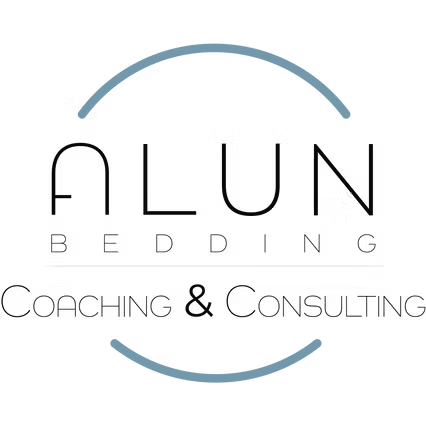Slow Productivity and Coaching
- Alun Bedding
- Apr 11, 2024
- 2 min read
Updated: Apr 30, 2025
I have just finished reading Cal Newport’s new book, Slow Productivity and have spent time thinking how this could be applied in coaching.

The three principles applied to slow productivity, which allows work efforts to be sustainable and meaningful, are as follows:
Do fewer things
Work at a natural pace
Obsess over quality
I will describe how these principles and some of the ideas from the book can be applied to coaching.
On the first topic, I need to clarify something. It should not be interpreted to mean accomplishing fewer things but is aimed at doing fewer things at once.
The book actually references an example of a coach who reduced the number of offerings she had down to a few key services. I know there may be coaches that do offer many different services, but I believe these come with time and jumping in to do more too early on, could dilute your coaching. I know that in my early days as a coach, I wanted to learn this, learn that. It confused my coaching and I was not enjoying it. Once I started simply coaching and being myself, I enjoyed my coaching again. I see this first principle as being about simplification.

You could also apply this principle to the number of coaching sessions you do per day but I am going to say this is more wrapped up in the second principle, work at a natural pace. I have read that for each hour of coaching, you should allow maybe an hour to prepare yourself and reflect. That reflection time is necessary because it provides space to be at our best for the next Thinker. That is so important because they are who the coaching is for!!!
If you are not working at a natural pace, you are rushing from one coaching session to another, or worse, reading emails/being in a business meeting and then rushing to a coaching session. How good is your coaching going to be? Maybe you are lucky and can context-shift quickly, but science tells you that changing from one cognitive task to another takes approximately 20-25 minutes. That is that realistic time between sessions, referred to as reflection time above. I also see this principle applied to how quickly we gain our hours.
The last principle is the glue for the other two, which can easily be applied in coaching. I engage in coach mentoring and supervision, which add to the quality of my coaching. I have coach mentoring even though I don’t need it for credentialing. It keeps my coaching sharp. Supervision is as important as it allows me to unpack my coaching, keeping me safe and sane.
Slow productivity is about looking at the long game rather than short-term wins. I love the subtitle, “The Lost Art of Accomplishment Without Burnout.”
I would like to know your thoughts on this concept of Slow Productivity and if it resonates with you, both in coaching and other work.




